From October 26 to 30, my colleagues from Smart Písek and I embarked on a work trip to Venice and Rijeka. During these five days, we had the opportunity to participate in a number of inspiring meetings and workshops focused on connecting industrial heritage with modern urban development and sustainable approaches.
This study visit allowed us to better understand how our projects can also contribute to urban regeneration and how foreign experiences can be applied within the context of Czech cities. In the first part, we visited Venice, where we participated in a workshop at the 2024 Art Biennale, with the theme "Strangers Everywhere," which recalled historical migrations of people and the movement of goods that shaped the character of port cities. The discussion focused on three main areas: adapting industrial heritage to new functions, regenerating port zones, and the role of migration within cultural and urban environments. We were inspired by examples of cities that have effectively integrated historical buildings into their contemporary lives, showcasing possibilities for the sustainable use of these spaces.
In Rijeka, where we arrived next, we continued to explore specific examples of revitalizing port spaces. Rijeka, a city with a rich industrial history and cultural heritage, is becoming a model for innovative approaches to reviving port and industrial areas. The main theme here was how to balance respect for history with the needs of a modern city from an economic, cultural, and social perspective. During the program, we visited places such as the Children’s House and the IVEX building, where we learned about projects involving cultural activities and community centers.
Both cities – Venice and Rijeka – inspired us to consider how other European cities could also maximize their potential in the area of cultural and industrial heritage. The visit demonstrated that the revitalization of port areas does not only involve the physical restoration of buildings but also presents an opportunity to create new cultural and social centers. The Re-Value project seeks to ensure that industrial heritage is not merely a reminder of the past but also a vibrant part of urban life, supporting the economy, education, and environmental initiatives.
Overall, this work trip emphasized the importance of cooperation among cities facing similar challenges. Thanks to projects like Re-Value, cities can share experiences and inspiration on how to effectively utilize their historical industrial spaces and incorporate them into the life of a modern city.
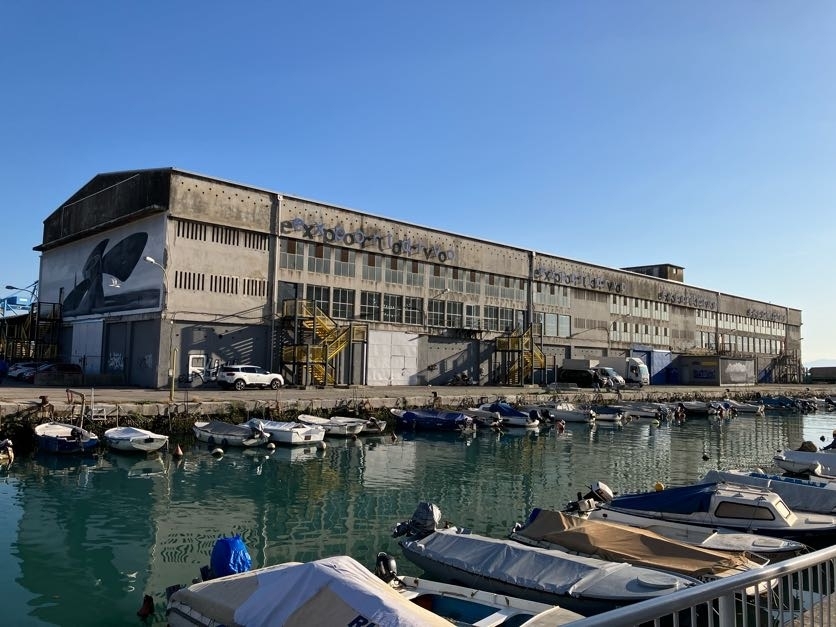
Rijeka - a port and an old industrial building = perfect opportunity for revitalization and modernization of these premises
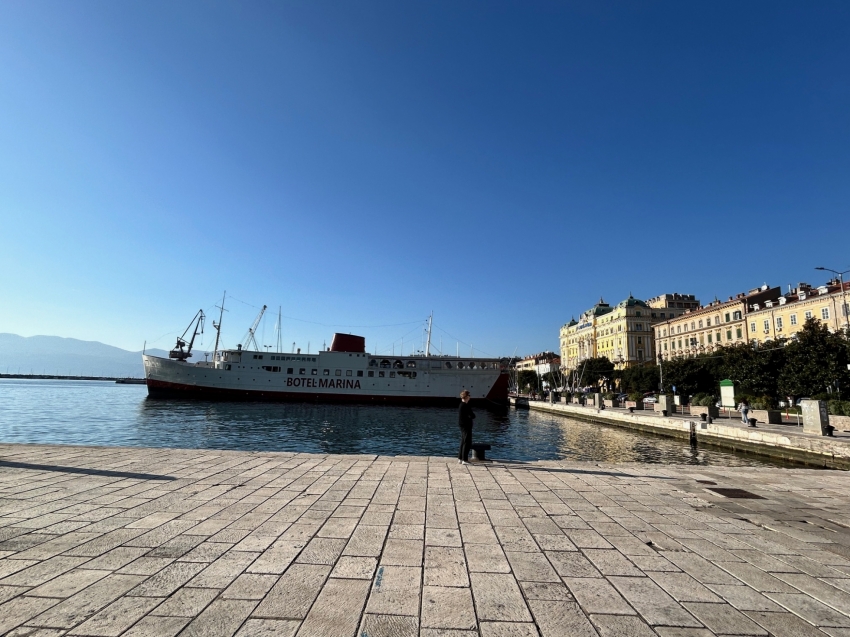
Rijeka - water access is limited in the ports
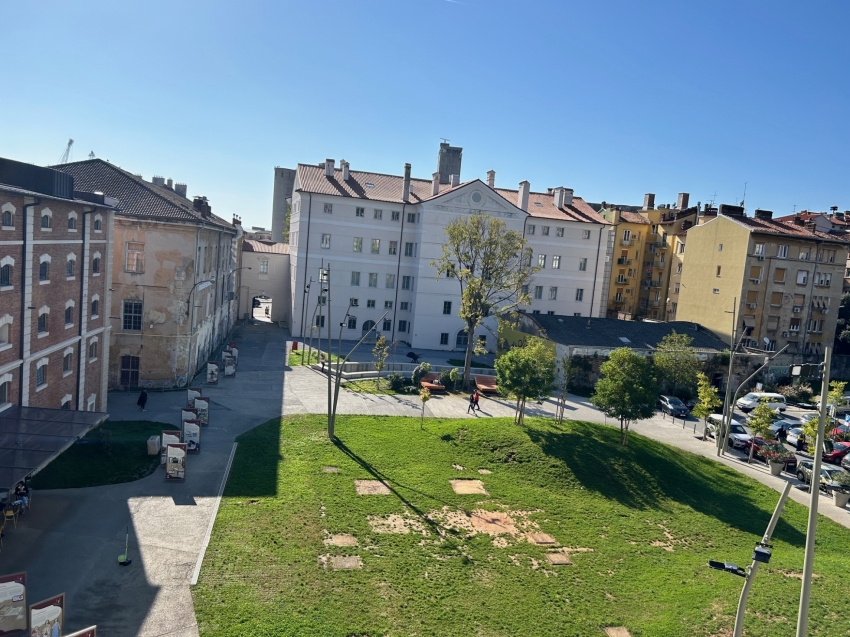
Rijeka - Library and Children's House's completely revitalized area
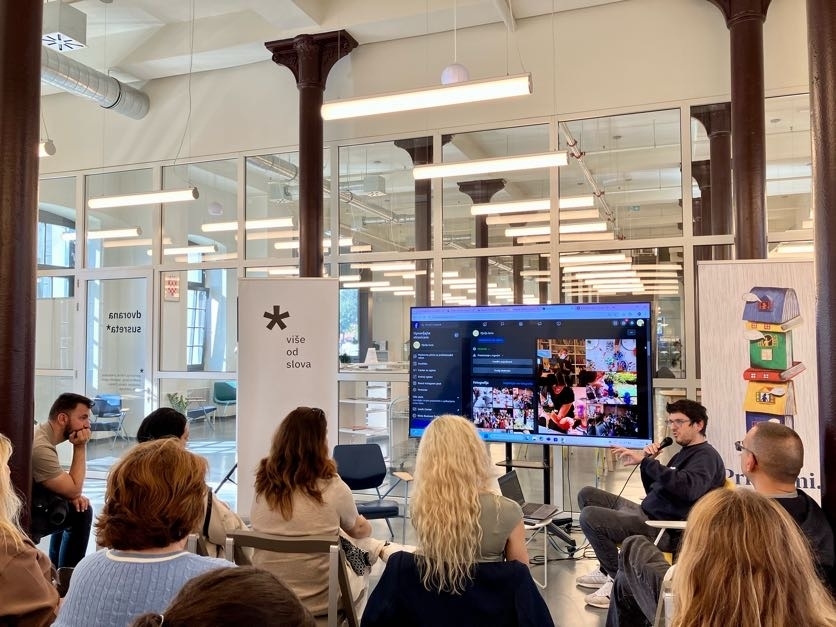
Rijeka - workshop on citizen engagement in the library
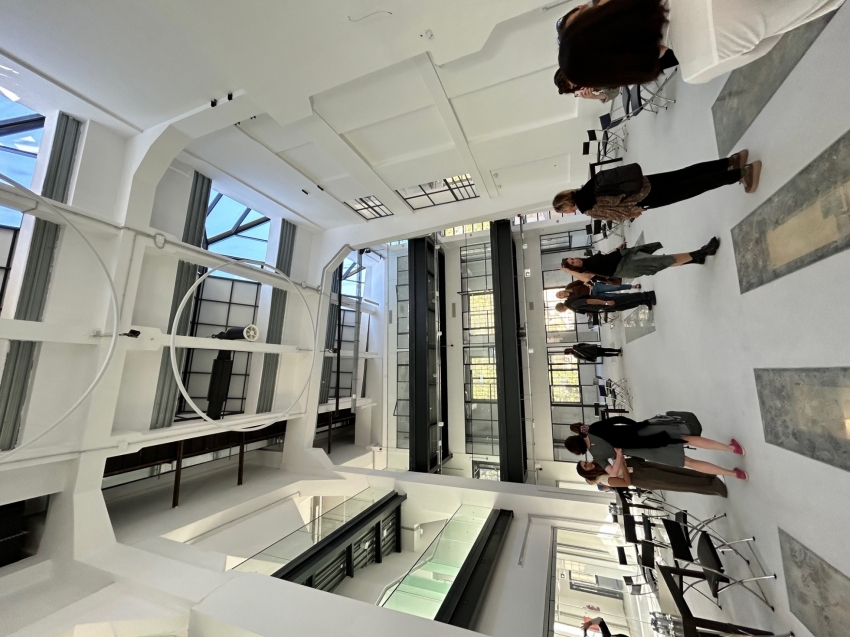
Rijeka - renovated building of a former paper factory which now serves multiple purposes such as offices, workshops, events...
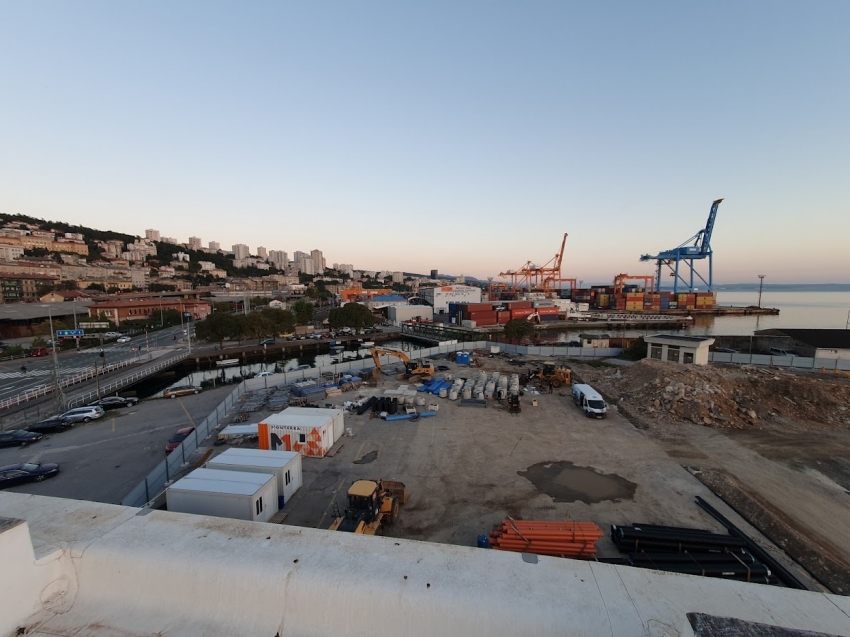
Rijeka - ongoing revitalization of port premises
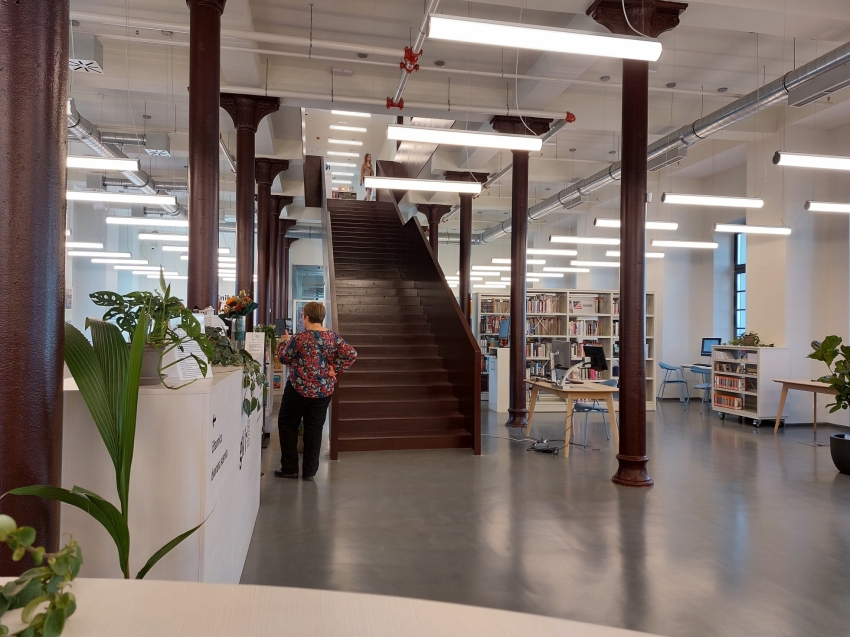
Rijeka - library's interior (former cigarette factory)
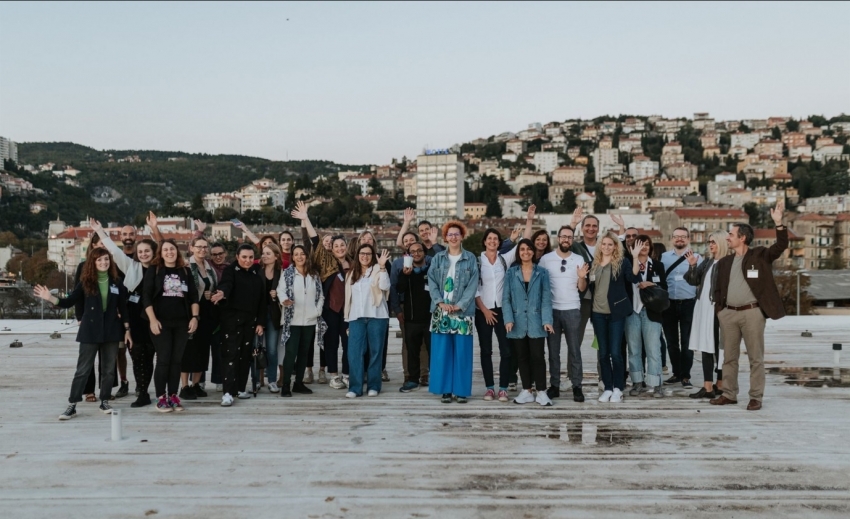
ReValue team - our colleagues from partner cities